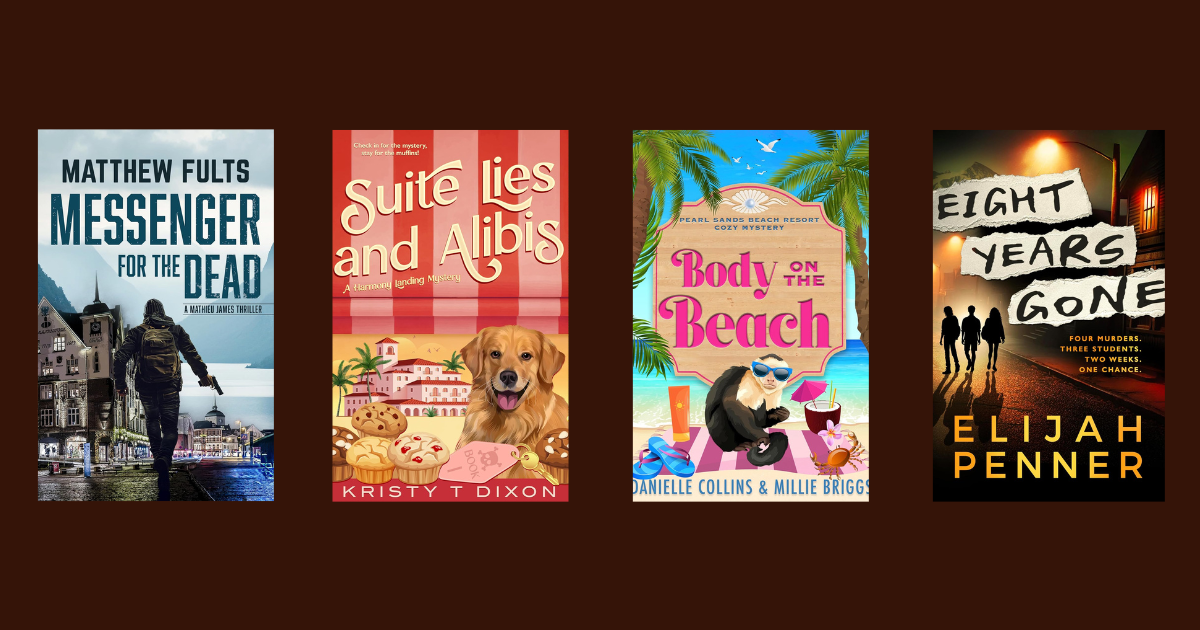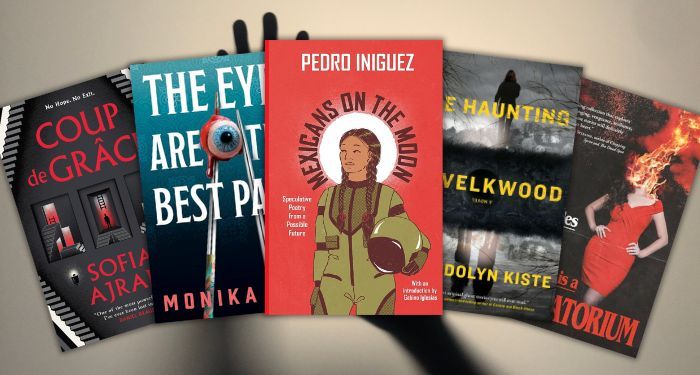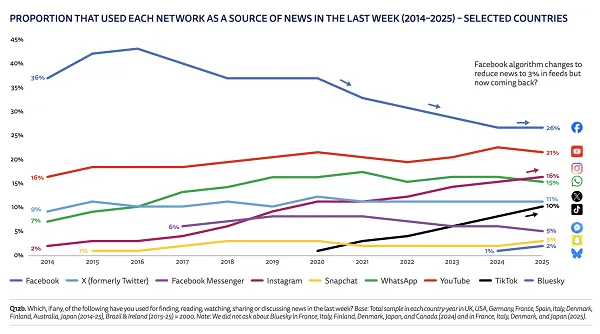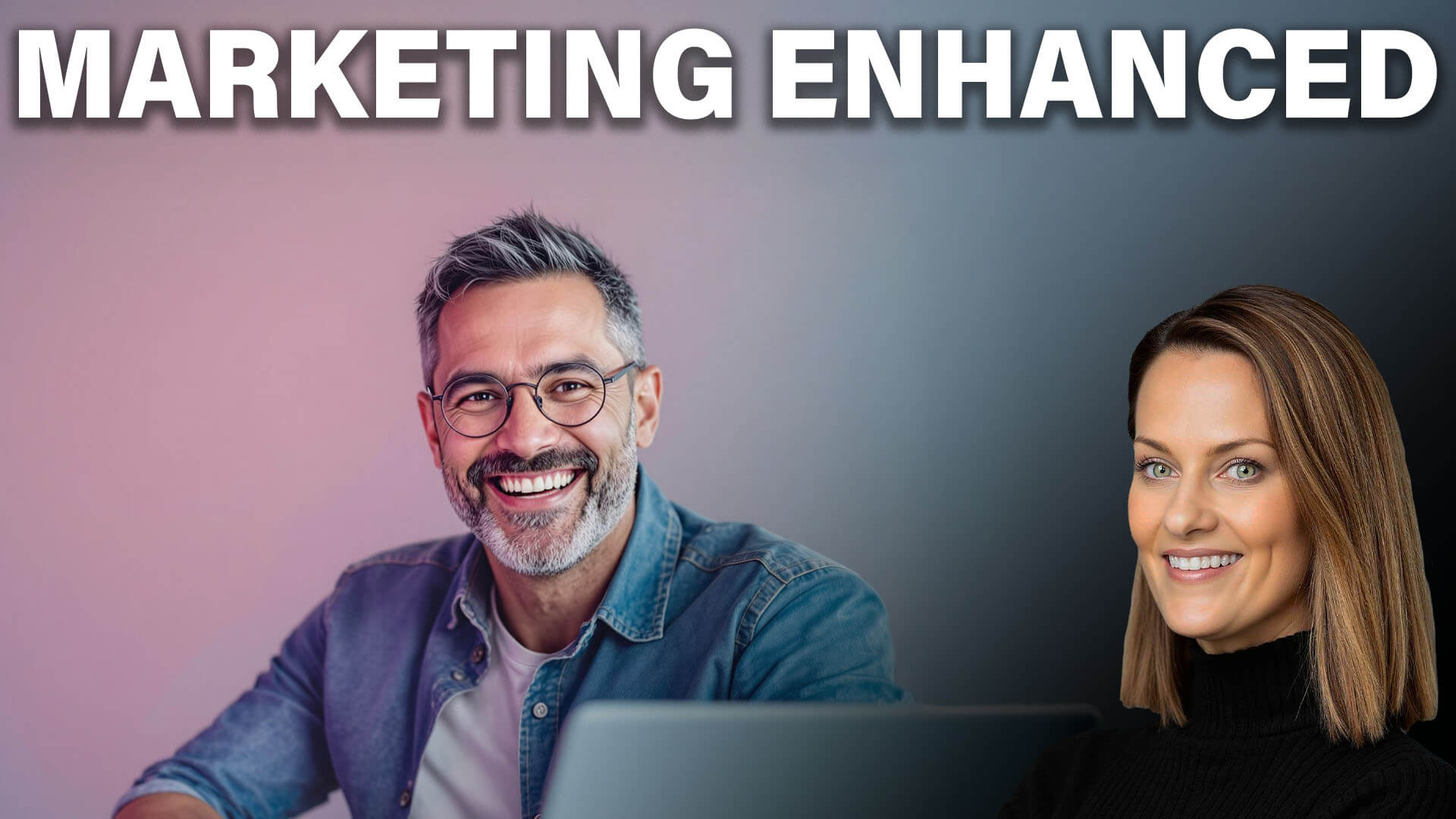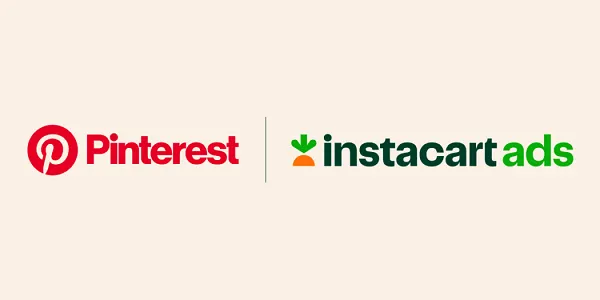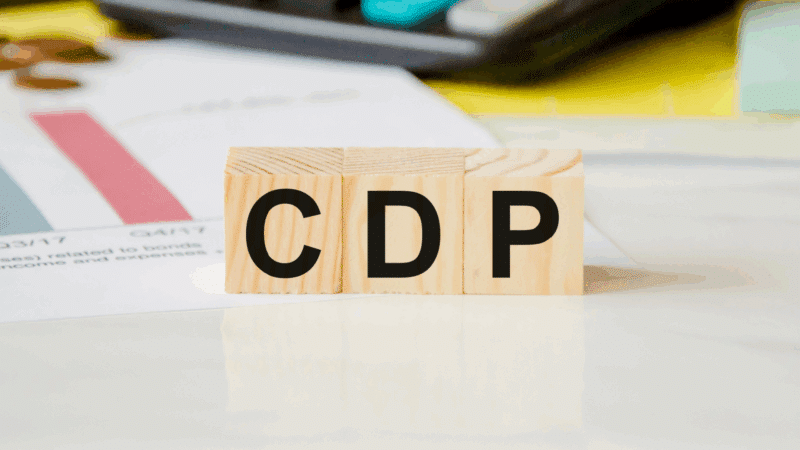Leni Alston is a Las Vegas–based healthcare marketer known for her compassion-driven approach to patient placement and her deep commitment to community care. With a background shaped by her Filipino heritage, Leni brings empathy, respect, and cultural awareness into every facet of her work. Whether she’s helping families navigate complex healthcare decisions or organizing food and clothing donations for underserved individuals, Leni’s ethos is rooted in service and connection.
Professionally, she is regarded for her clarity, integrity, and ability to simplify often-overwhelming choices for patients and their loved ones. Personally, she dedicates time to staying on top of healthcare industry trends, volunteering, cooking, and building bridges through meaningful community outreach. Her work isn’t just a career—it’s a calling. Through her philanthropic efforts, Leni Alston has become a trusted ally to independent living facilities across Las Vegas, often delivering groceries, clothing, and warm meals by hand. Her life is a testament to what healthcare can look like when approached with sincerity, kindness, and a willingness to listen.
What inspired you to pursue a career in healthcare marketing?
I’ve always been drawn to people-centered work. Growing up in a Filipino household, caregiving wasn’t just a role—it was a way of life. We were taught to look out for each other, especially our elders. That ingrained sense of responsibility and compassion naturally aligned with healthcare. I chose marketing because I realized that so many families were overwhelmed by the options out there. I wanted to become a bridge—someone who could translate medical complexity into human clarity.
How would you describe your approach to patient placement?
It’s rooted in empathy. I always put myself in the family’s shoes. What are they afraid of? What do they need to feel safe and understood? It’s not just about matching a patient to a facility—it’s about ensuring that choice respects their dignity, cultural background, and personal values. I take time to listen, not just to the patient but to their loved ones as well. Every placement is a story, not a transaction.
What challenges do you face in your role, and how do you overcome them?
The biggest challenge is trust. Many families have experienced confusion or misinformation in the healthcare system. Rebuilding that trust takes time. I focus on transparency—if I don’t know the answer, I say so, and then I find it. That honesty goes a long way. Another challenge is navigating systemic limitations. Sometimes the resources just aren’t there. In those moments, I lean on my community connections to find creative solutions.
How has your Filipino heritage shaped your values in this field?
Profoundly. In Filipino culture, we’re taught pakikipagkapwa—the idea of shared humanity. That belief influences every interaction I have. I see each patient as part of my extended family. That cultural lens helps me approach situations with patience, humility, and a genuine desire to serve. It’s not just about checking boxes; it’s about seeing the soul in each situation.
Tell us more about your philanthropic work. Why is it so important to you?
Philanthropy is how I stay grounded. I regularly cook meals and collect groceries, clothes, and other essentials for independent living facilities that reach out for help. Many residents are on fixed incomes and often feel forgotten. Showing up with hot food or a bag of groceries may seem small, but to them, it’s hope. It reminds them someone still cares—and that matters deeply to me.
What industry trends are you most passionate about right now?
I’m closely watching innovations in transitional care and culturally competent services. As our population ages and becomes more diverse, we need systems that understand—not just accommodate—those differences. I’m also encouraged by the growing integration of mental health into patient care. That shift is long overdue and essential to comprehensive healing.
How do you maintain your own sense of balance and wellness in such a demanding role?
Self-care has become non-negotiable. For me, that means cooking, which is therapeutic and expressive, and volunteering outside of work—it energizes me. I also stay connected with peers who share my values. We encourage one another, share resources, and remind each other that we’re not alone in this mission.
What advice would you give to someone new to the healthcare marketing field?
Lead with integrity. Don’t get caught up in the business side so much that you lose sight of the people you serve. Learn to listen well. Be humble enough to admit what you don’t know and bold enough to advocate for what’s right. Relationships are everything—build them with sincerity.
How do you measure success in your role?
Success, to me, is when a family feels peace after working with me. When I get a call or message weeks later saying, “Thank you, Mom is doing great and feels at home,” that’s my reward. Metrics matter, yes, but emotional impact is my true measure of success.
What’s next for you in your career and community work?
I’m exploring ways to scale my outreach—maybe through forming partnerships with local organizations or even starting a small foundation. Professionally, I want to keep sharpening my knowledge, especially in areas like patient advocacy and elder care. There’s always more to learn, more to give, and more people to reach.
Have you read?
The World’s Best Medical Schools.
The World’s Best Universities.
The World’s Best International High Schools.
The World’s Best Business Schools.
The World’s Best Fashion Schools.
The World’s Best Hospitality And Hotel Management Schools
















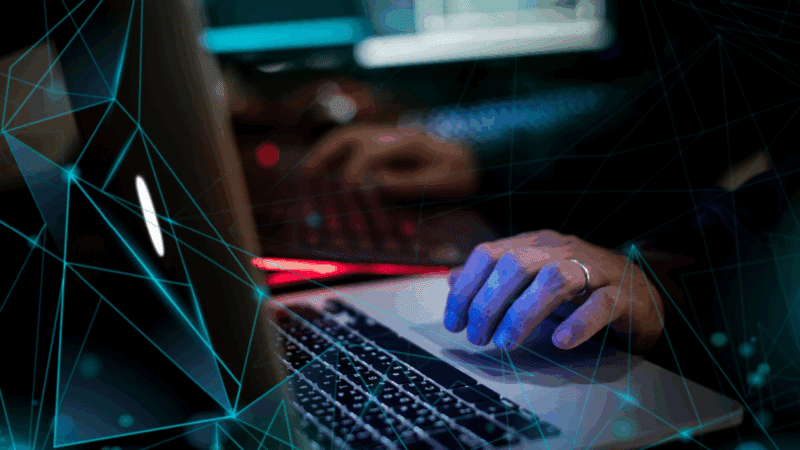


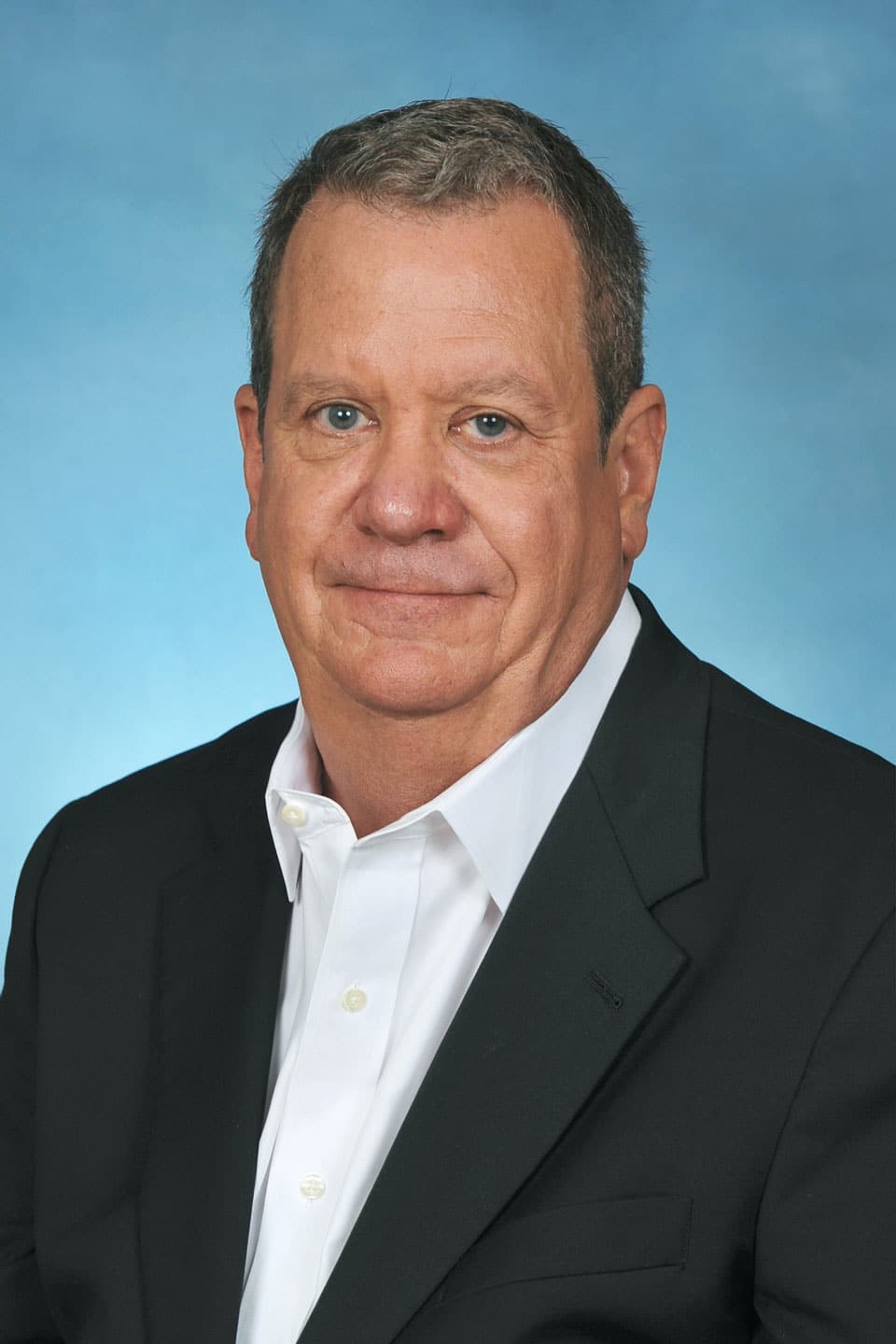
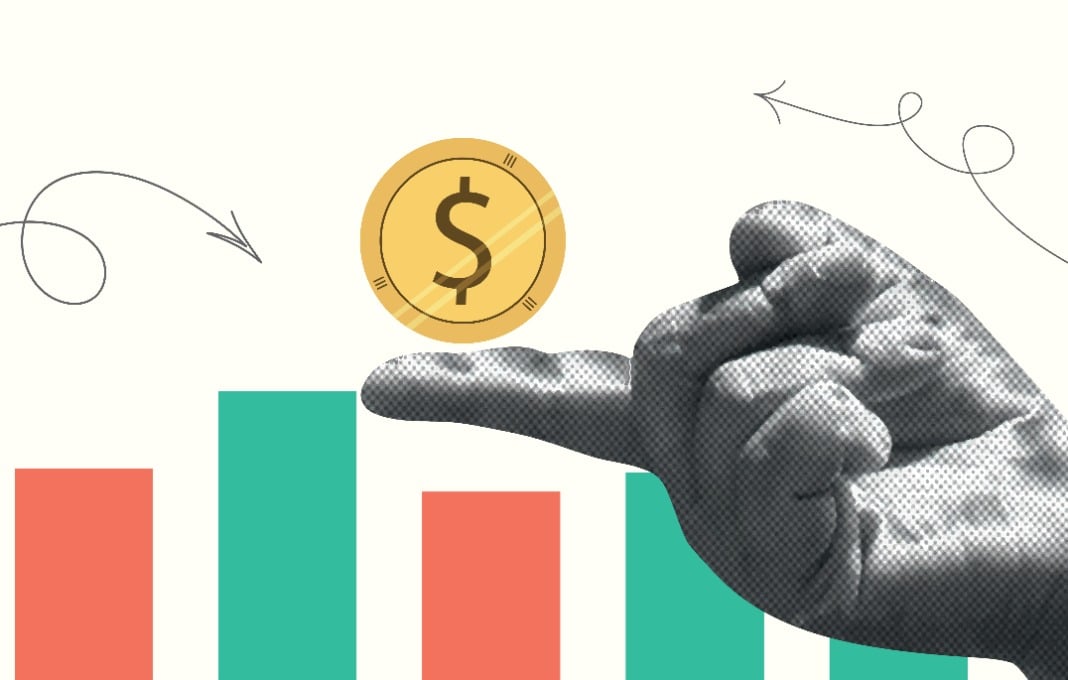




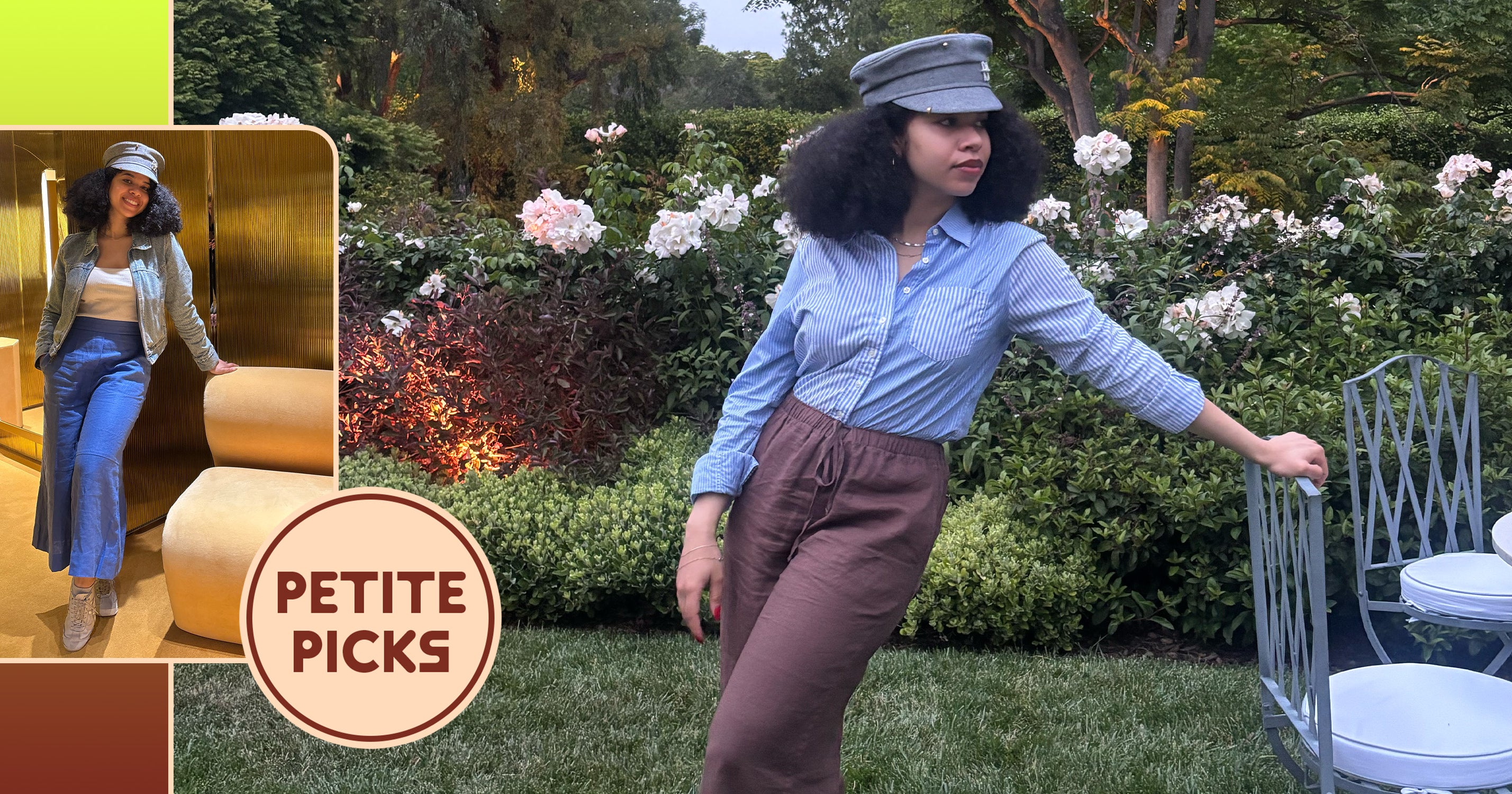
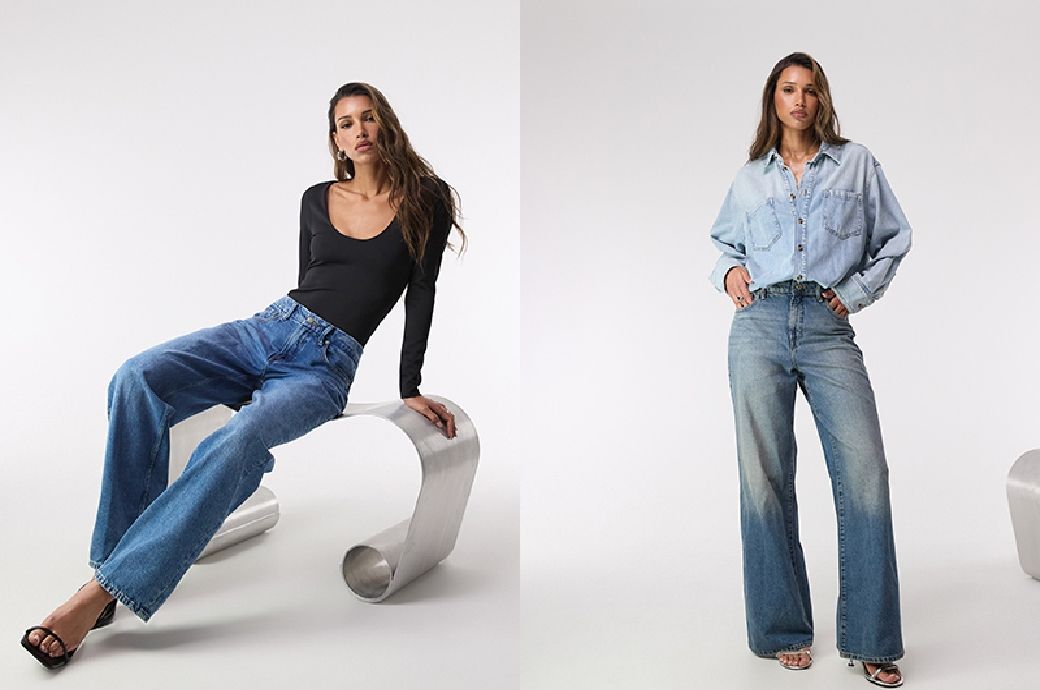



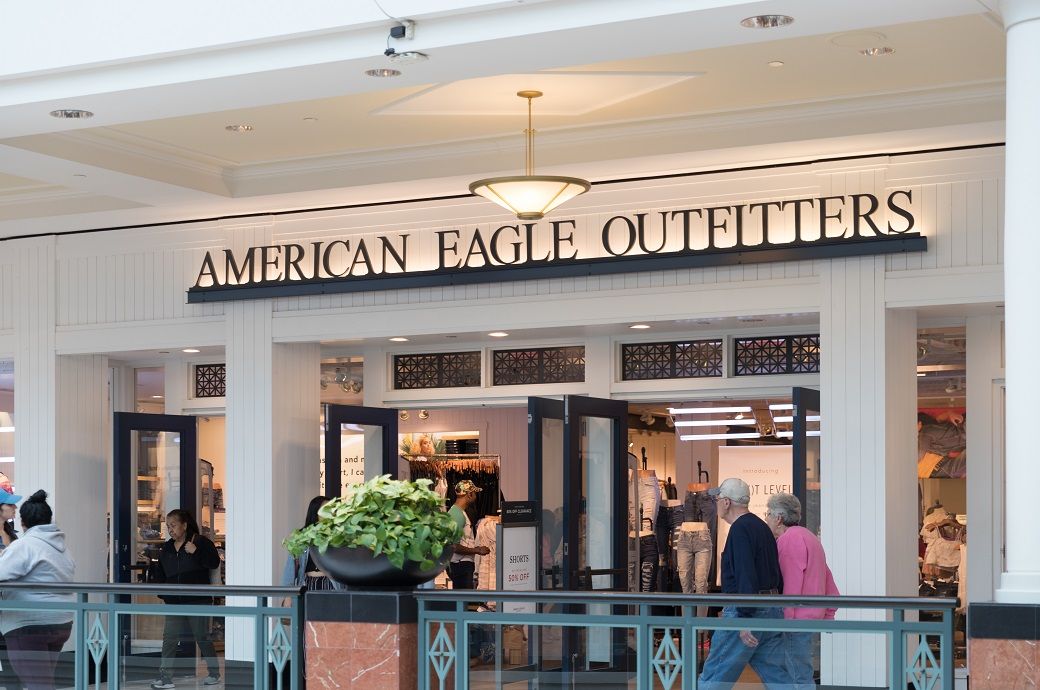






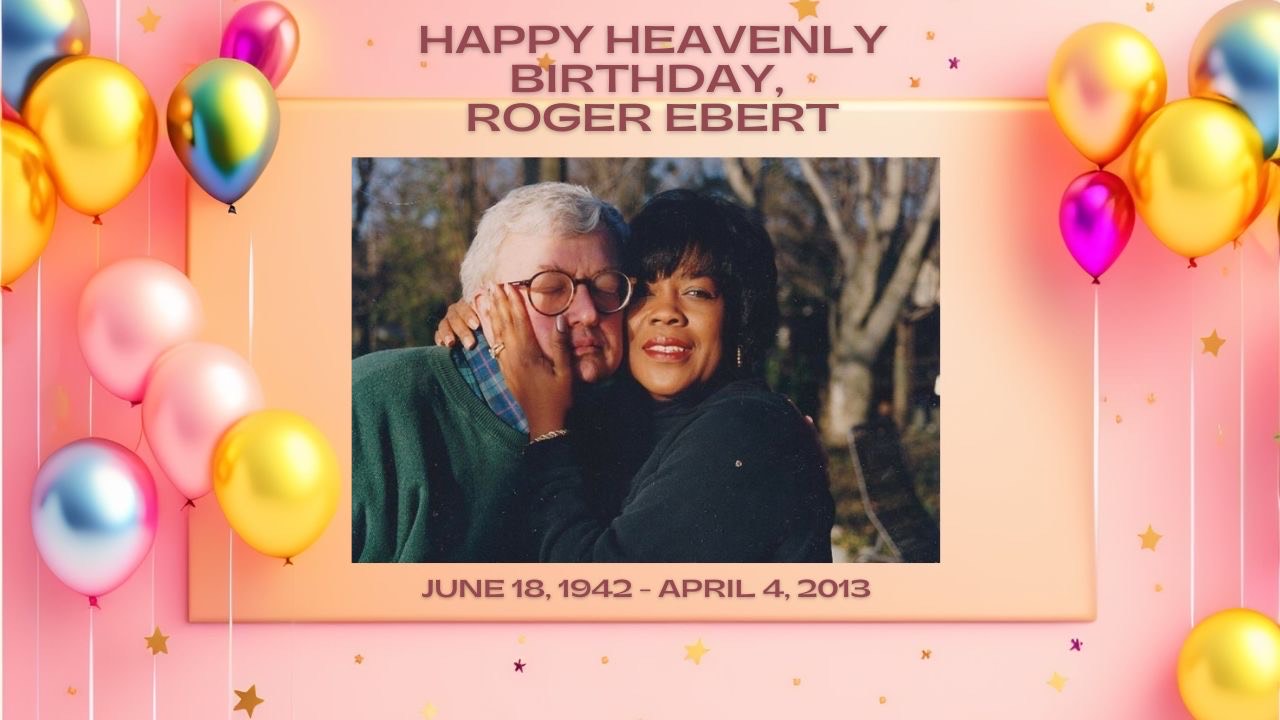
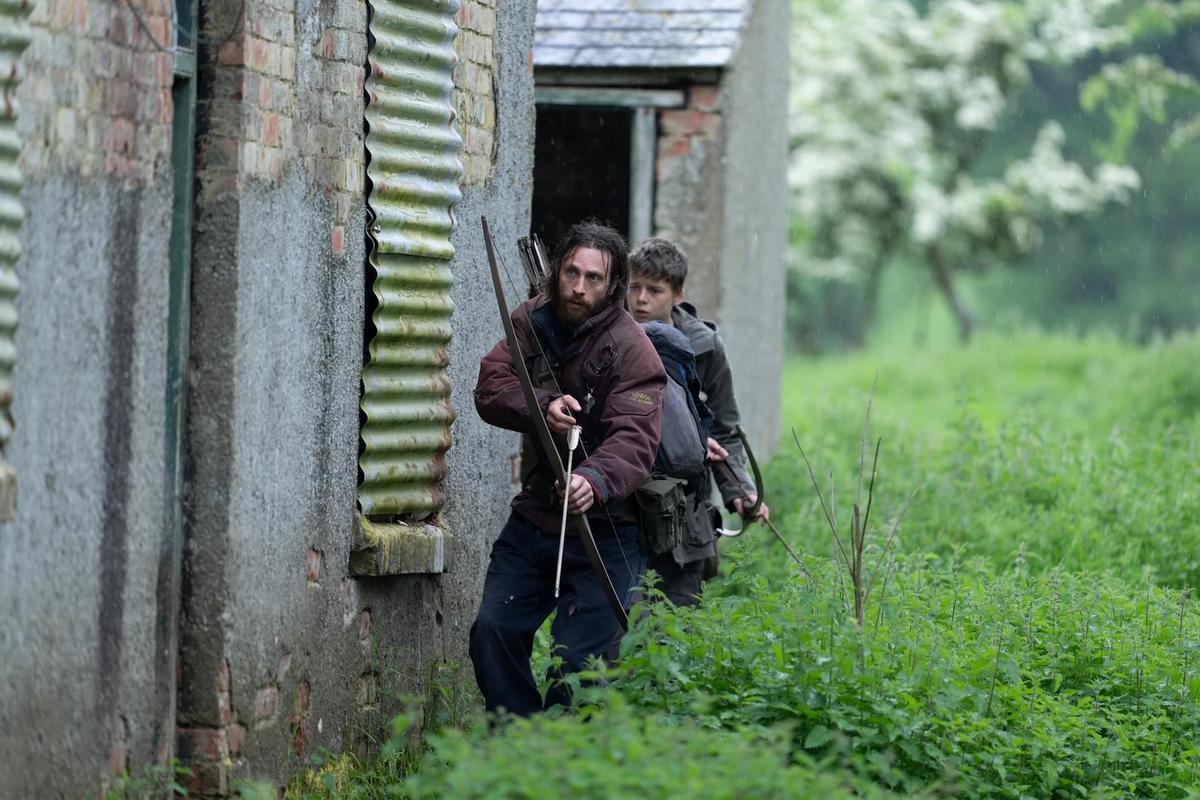

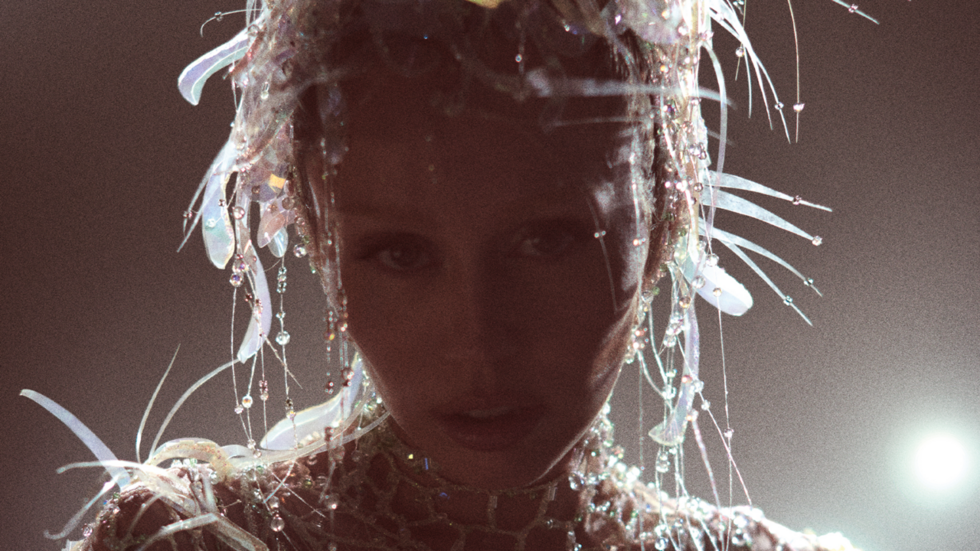

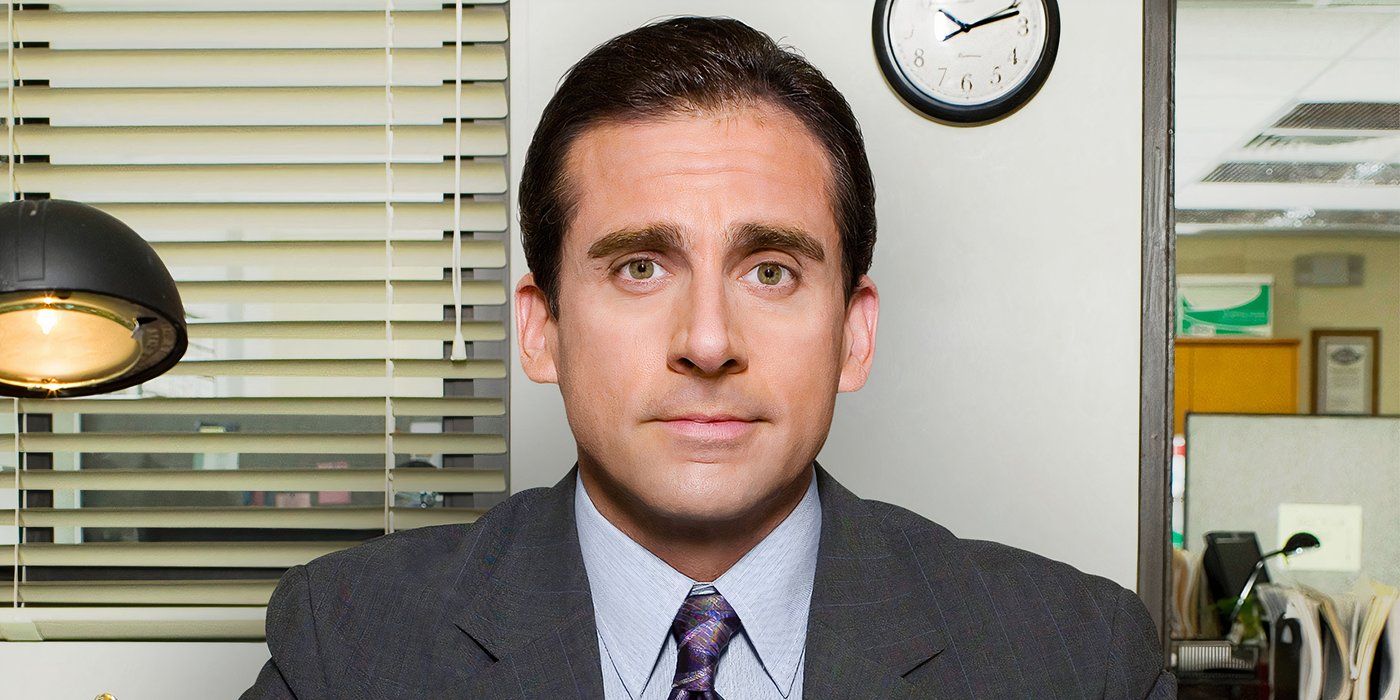


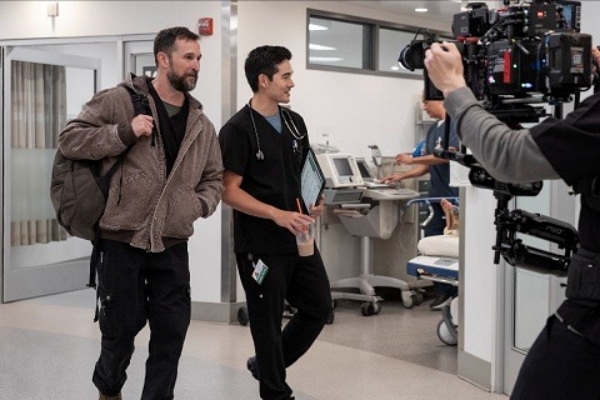

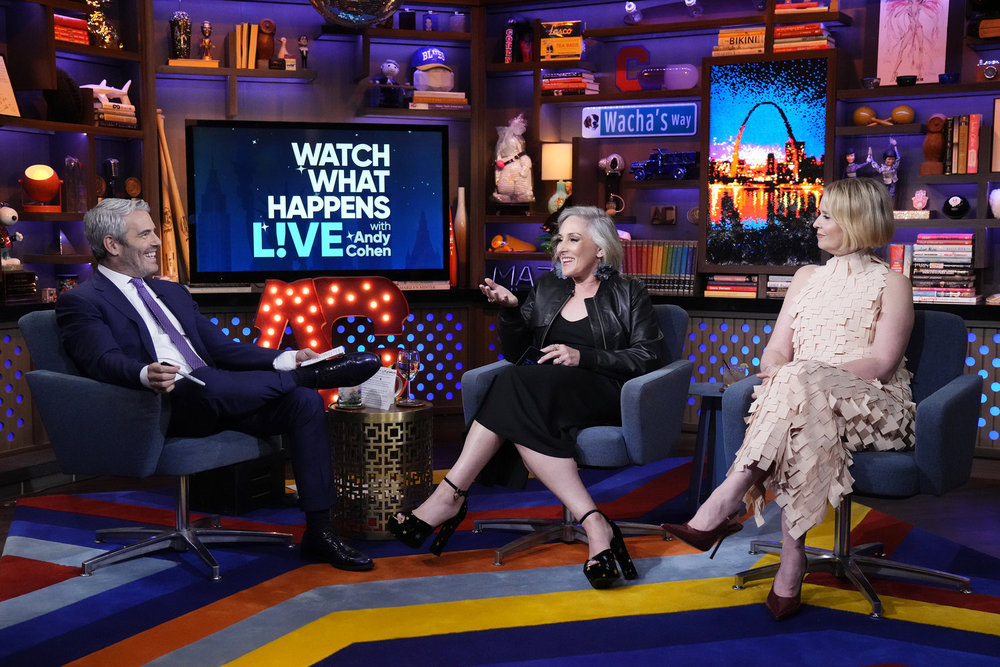



![[Oops! Corrected Link] Read Harder 2025 Halfway Check-In Survey [Oops! Corrected Link] Read Harder 2025 Halfway Check-In Survey](https://s2982.pcdn.co/wp-content/uploads/2025/06/read-harder-2025-check-in-survey.jpg.optimal.jpg)
